PMA promotes the use of its data for policy and program impact, both at country-level and internationally. Data are made accessible to decision-makers through multiple channels, including through briefs, dashboards, snapshot of indicator tables, DataLab visualizations, technical reports, academic publications and through direct downloads of data. Below are a few examples of the many ways PMA data have been used for decision-making.
Burkina Faso Government
The government of Burkina Faso integrated key results from PMA’s family planning and nutrition surveys into their 2018, 2019, and 2020 statistical bulletins, allowing PMA data to be accessible to a number of actors and partners in-country who use the statistical bulletin for planning and monitoring progress for their interventions. The Burkina Ministry of Health used PMA data in setting the 2016-2019 strategic plan for family planning. They also used the annual data to evaluate their progress towards goals. The Minister of Health in Burkina Faso has initiated the review and updating of the National Plan for Family Planning Acceleration and has requested PMA data for this process. This video from the Burkina Faso Minister of Health highlights the impact PMA data has had in her country.
DMPA-SC in Nigeria
PMA data on DMPA-SC were presented and discussed by the Nigerian Ministry of Health, Alliance for Family Planning, DKT International, John Snow, Inc, PATH, and PMA at a September 2018 Essential Medicine List (EML) group meeting, resulting in the inclusion of PMA DMPA-SC in the EML in December 2018. This permits the private sector to access and provide DMPA-SC, and generally ensures a more sustainable procurement plan for the injectable.
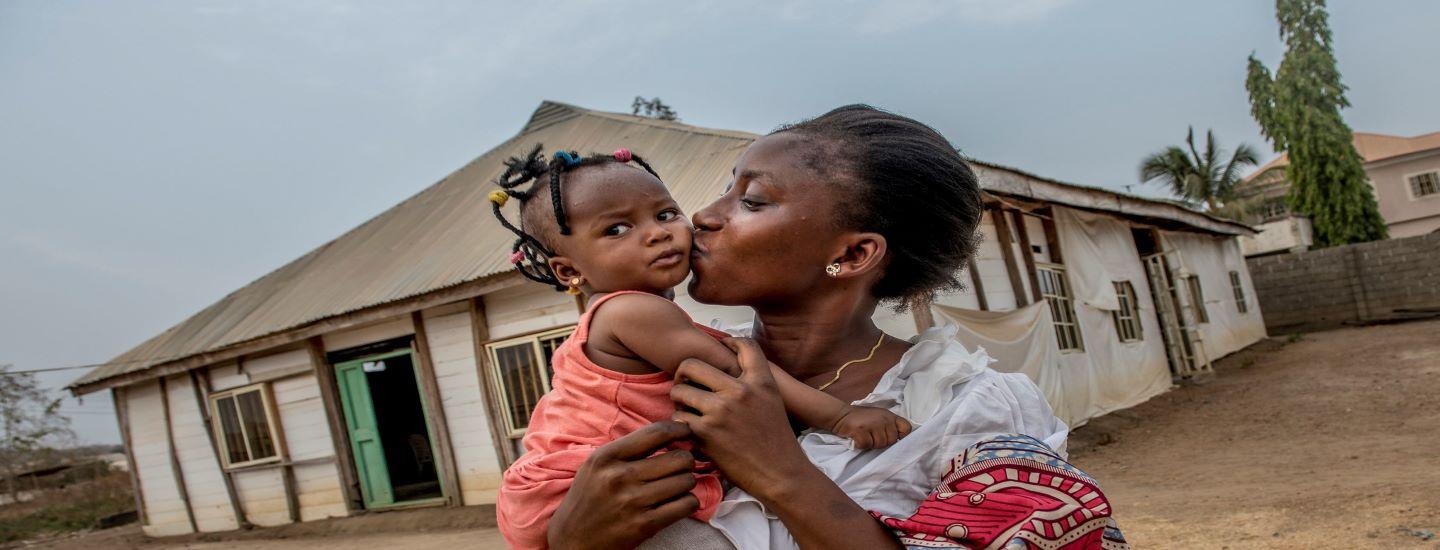
PMA Ethiopia
PMA Ethiopia provides key indicators to monitor the success of the DfID Family Planning by Choice project, implemented with the Federal Ministry of Health. PMA Ethiopia data is also cited in the National Guideline for Family Planning Services as a data source for monitoring and evaluating family planning services.

Advance Family Planning
PMA and Advance Family Planning have a longstanding partnership in many countries, as sister projects within the Bill & Melinda Gates Institute for Population and Reproductive Health at the Johns Hopkins Bloomberg School of Public Health, working in many of the same countries.
Examples of prior collaboration include the joint creation of an advocacy brief using PMA data on DMPA-SC in two pilot regions in Burkina Faso to inform the national scale-up of the program.
Government of Rajasthan, India
The Ministry of Health & Family Welfare (MoHFW), Government of Rajasthan, India, integrated the critical findings from PMA’s family planning survey to review and compare the results for policy formation and implementation. PMA data are a regular source of data for the Ministry of Health, Government of Rajasthan for developing policy on family planning and how these policies have affected contraceptive prevalence, unmet needs, method mix, continuation, and the reasons behind the discontinuation of the FP method. The information generated through these surveys has helped the state government to monitor the ongoing health and family welfare programs effectively.
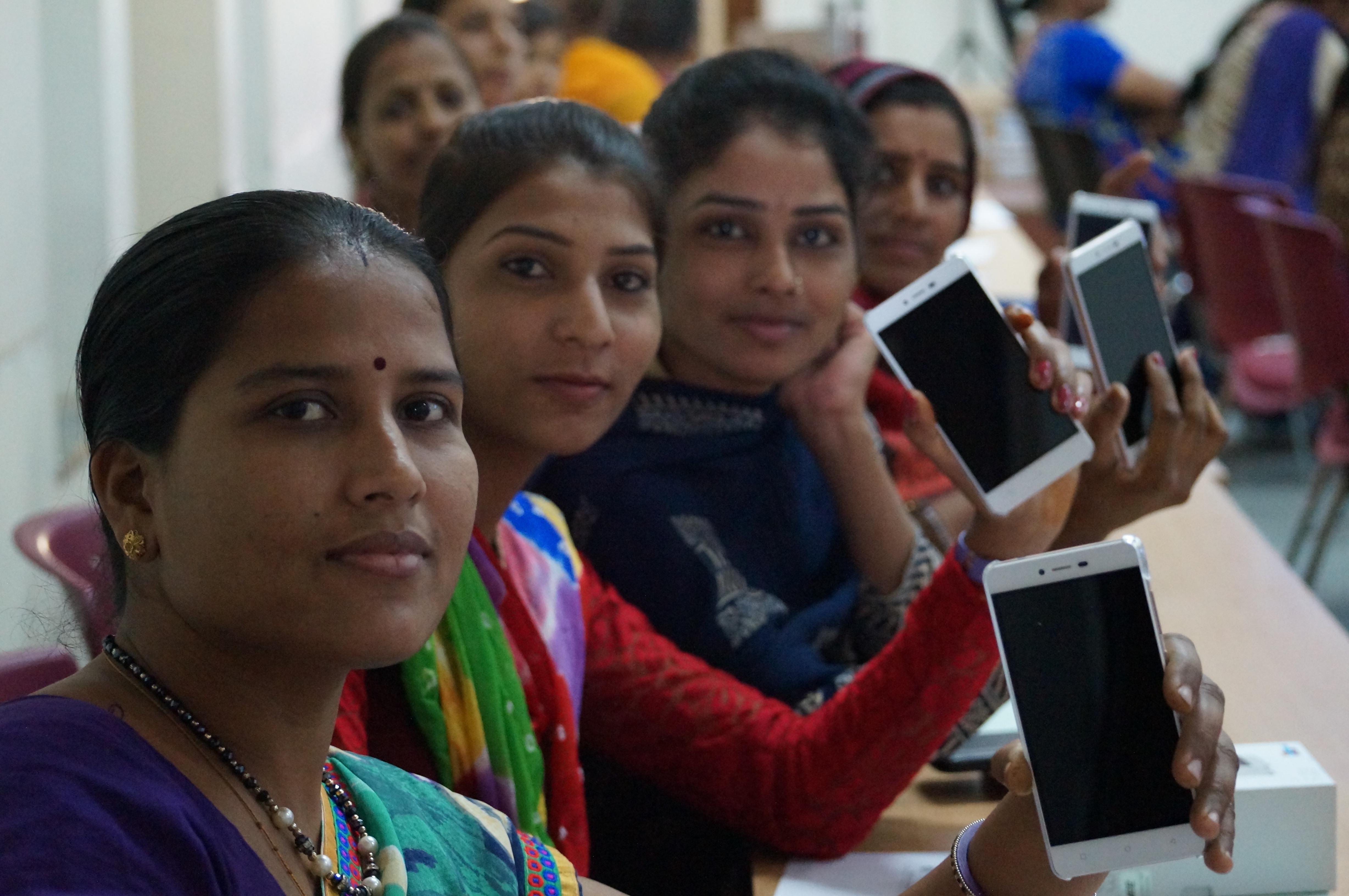
Costed Implementation Plans
The Uganda Ministry of Health has used data from multiple rounds of PMA surveys to develop and contribute to key family planning policy and program goals for their 2015-2020 costed implementation plan (CIP). Health facility data on contraceptive method stock-outs are being used by the Ministry of Health to review and strategize different approaches to improving supply chain management and contraceptive availability at health facilities.
As part of the FP2020 initiative, PMA data were also a regular source of data used by Track20 focal points and Ministries of Health in Burkina Faso, Côte d'Ivoire, Kenya, and Niger for tracking progress against their CIPs. The Kano State Ministry of Health in Nigeria used PMA data to help inform their CIP for childbirth spacing.
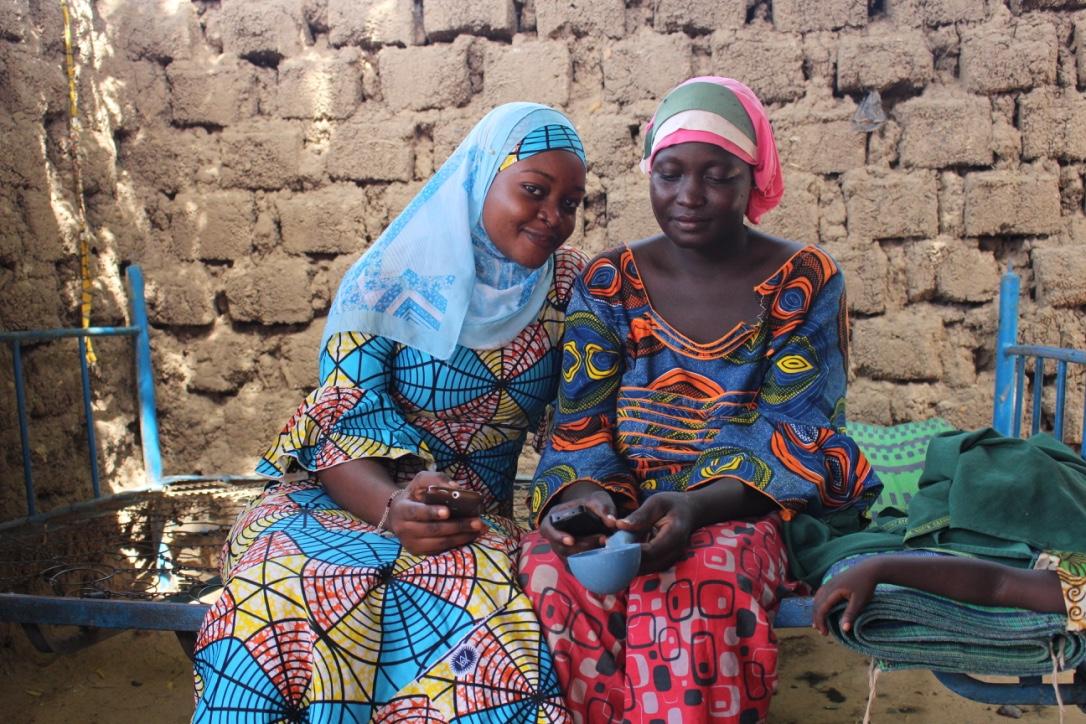

Ouagdougou Partnership
PMA has a long-standing partnership with the Ouagdougou Partnership, formalized in 2020 to better support each other. This collaboration is led by Dr. Georges Guiella out of ISSP in Burkina Faso, who leads the Francophone Africa Hub for PMA. He has presented the PMA platform and key trends in PMA countries within the OP (BF, NE, CI) in every OP annual meeting since 2017. The OP remains a willing partner and ally in expansion efforts to other countries in the partnership should PMA secure additional funding.
Countdown to 2030
The Countdown to 2030 group used PMA data in their reports and PMA representatives contributed to discussions about research and measurement priorities.
FHI 360
FHI 360 used PMA data to help inform contraceptive tech development in Burkina Faso.
PATH
PATH uses PMA data to monitor knowledge and use patterns for DMPA-SC across all PMA core countries.

Reproductive Health Network Kenya
The Reproductive Health Network used PMA data to inform strategies to increase mCPR in Kenya,
National Population Council
The USAID-funded Health Policy Project within the National Population Council uses PMA data as part of the national population databank in Uganda.
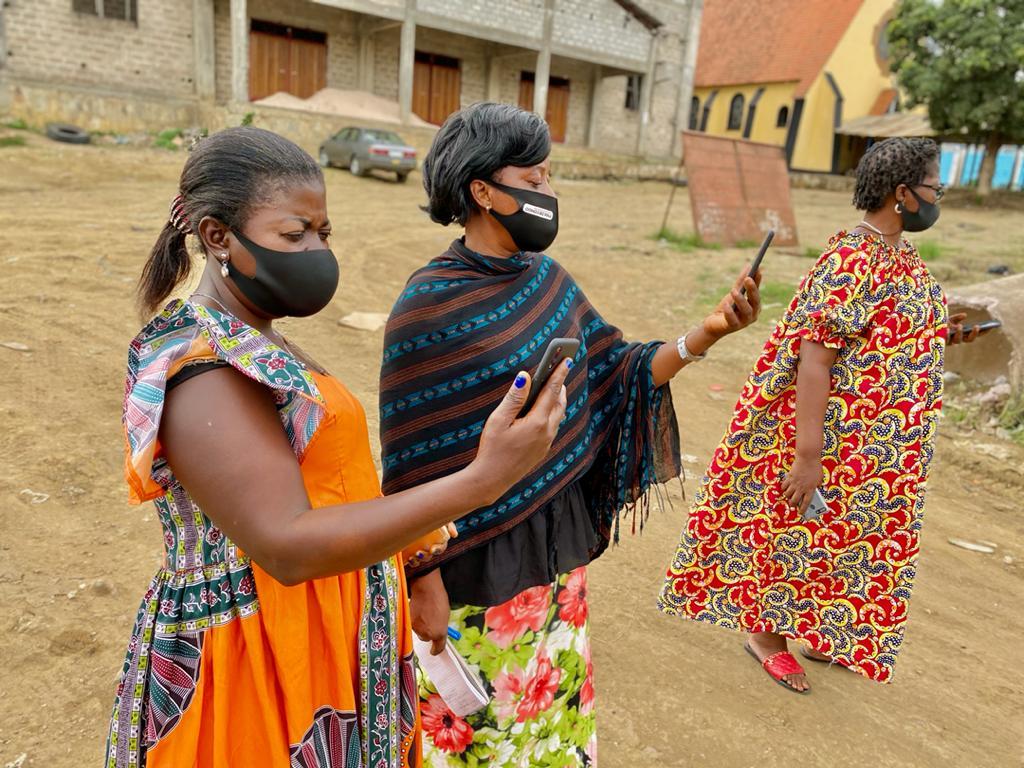
UNICEF
UNICEF used PMA data to inform the COVID-19 response in DRC.
USAID
USAID used PMA COVID-19 data in Kenya and to inform the Behavior Change Activity Project's response to the pandemic in Uganda.
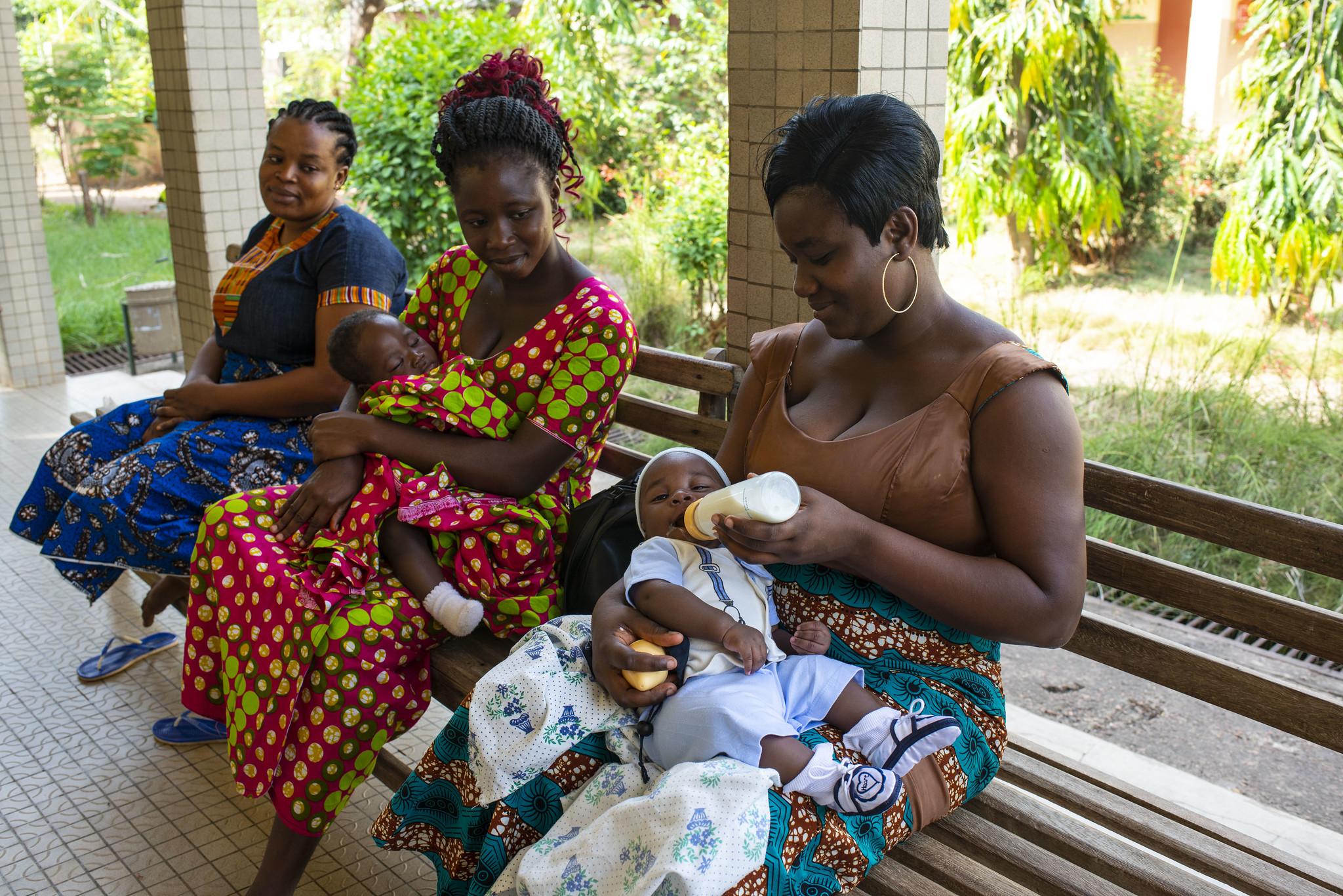
FP2020 & Track20
PMA estimates are used in FP2020’s Annual Progress Reporting every year since 2014. PMA data have been used to inform Track20 country consensus workshops and are used in the Track20 FPET modeling of key indicators (mCPR, unmet need) in all countries where we work.
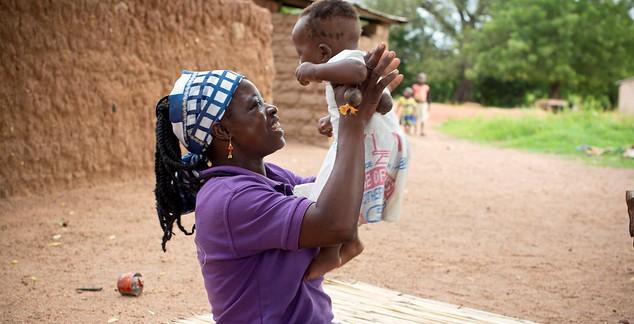
United Nations Population Division
The United Nations Population Division incorporates PMA estimates into its World Contraceptive Use database and its Bayesian modeling of key indicator trends.
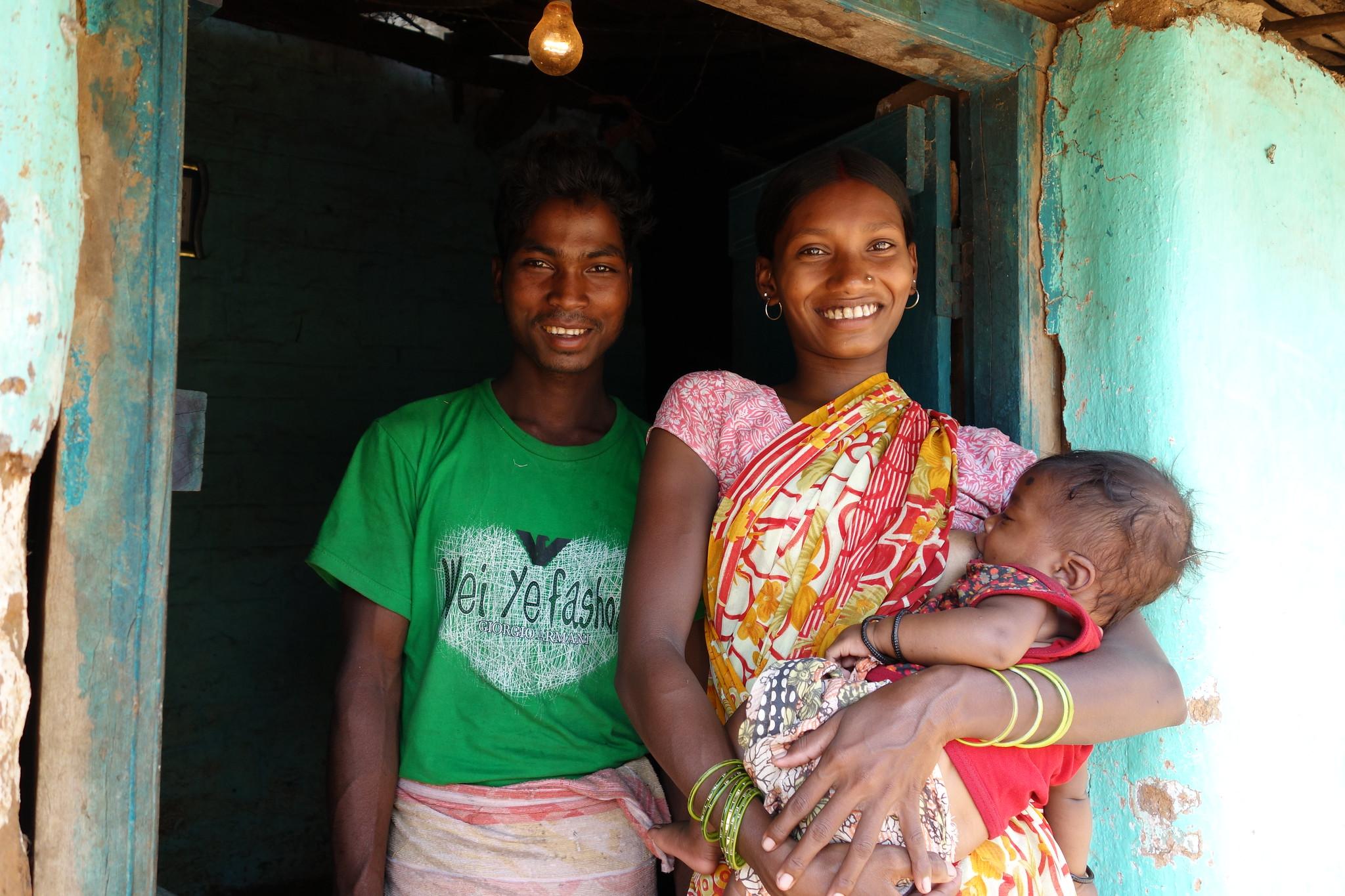
Planned Parenthood
The Planned Parenthood Global Project used PMA data for its program review and planning.